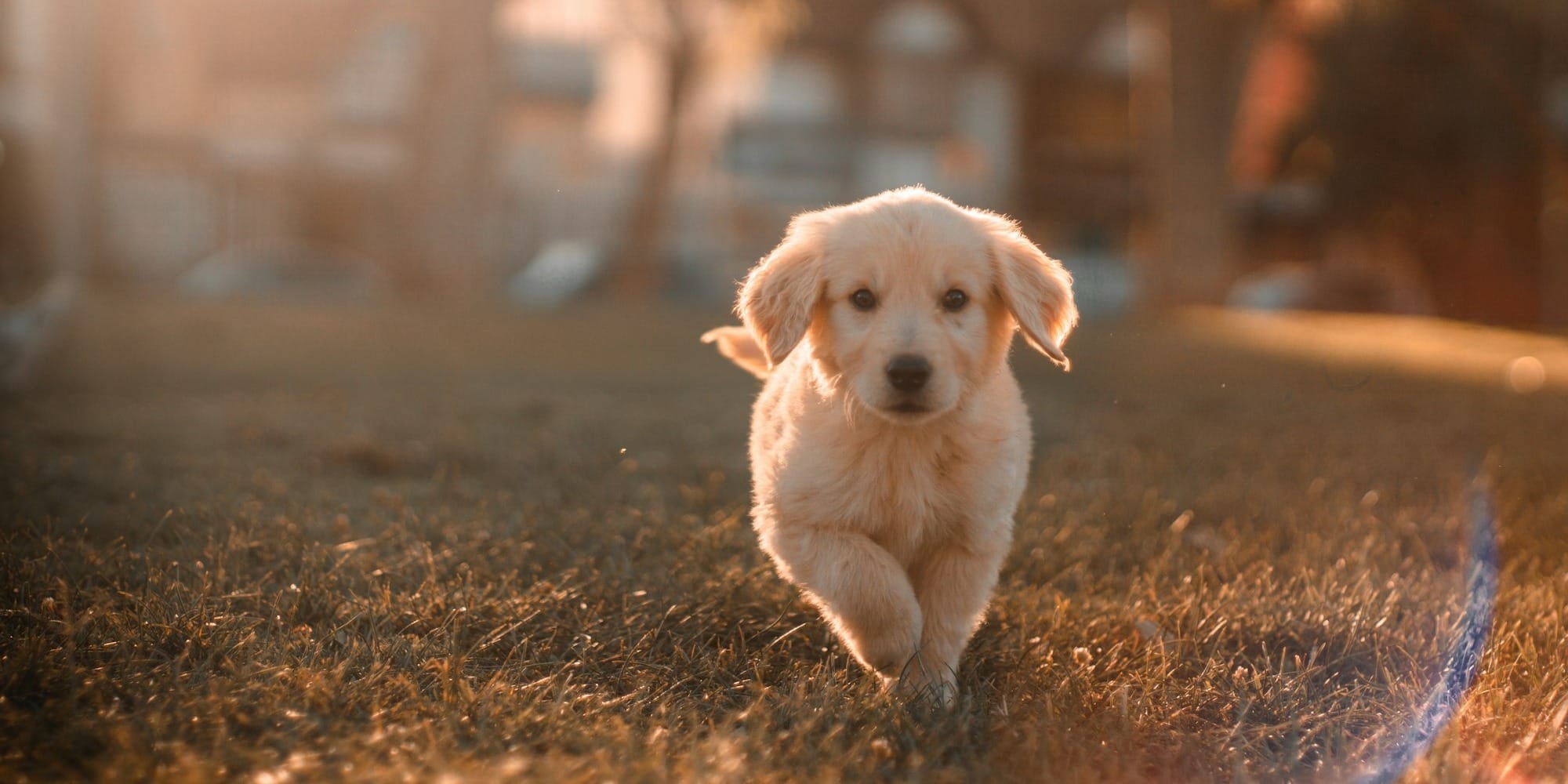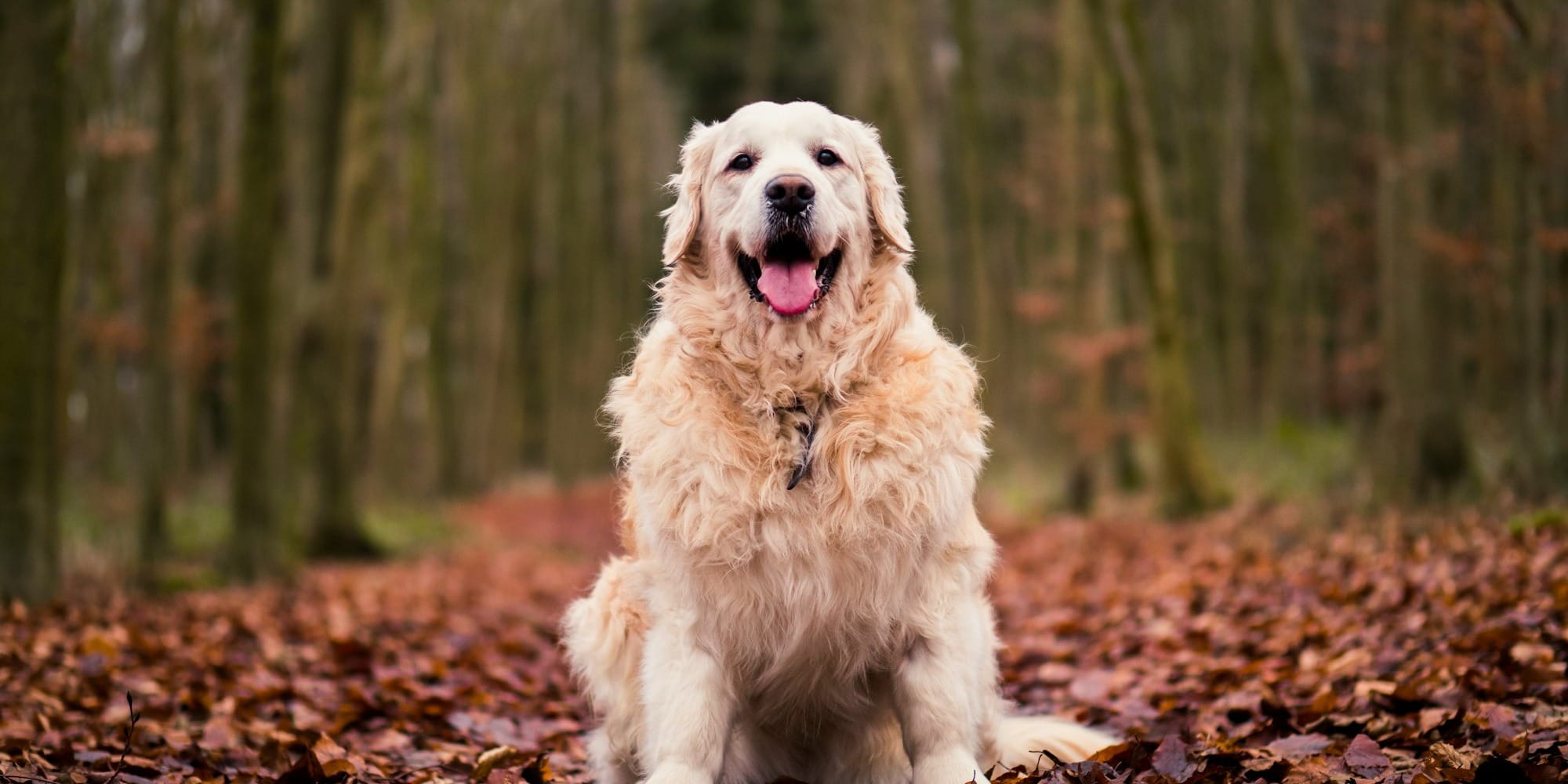At What Age Do Golden Retrievers Slow Down? Real Insights from Owners and Experts
Discover at what age Golden Retrievers slow down, based on real owner experiences. Learn about energy levels, senior signs, and tips for a happy, healthy life.

Golden Retrievers are known for their boundless energy, playful personalities, and endless enthusiasm. But if you're a new owner dealing with a hyper pup, you might be wondering: at what age do Golden Retrievers slow down?
Most Golden Retrievers start to calm down between 2-5 years old, with full mellowing often hitting around 3-7 years. However, it varies by individual dog, training, and health. In this article, we'll dive into the signs, timelines, and tips to help your furry friend transition smoothly into their senior years.
If you're short on time, here's a quick summary:
- Puppy Stage (0-2 years): High energy, zoomies, and constant play—expect non-stop hyperactivity.
- Adult Stage (2-5 years): Energy begins to slow; many calm down significantly by age 3.
- Senior Stage (7+ years): Noticeable mellowing, with reduced activity and more naps.
- Factors Influencing Slowdown: Training, exercise, diet, and genetics play big roles.
Let's explore this in more detail.
Understanding Golden Retriever Energy Levels by Age
Golden Retrievers are bred as working dogs, so their puppy and adolescent phases can feel like living with a perpetual motion machine. Owners often share stories of their Goldens bouncing off walls, grabbing toys in excitement, or going "bonkers" when guests arrive. But when does this shift?
The Hyper Puppy Phase: 0-2 Years Old

During the first two years, Golden Retrievers are at their peak energy. As one Reddit user in a popular r/goldenretrievers thread put it, "My golden retriever is about 11 months old and is so hyper nonstop." This matches what many experience:
- Constant Zoomies and Play: Pups need mental stimulation and exercise to burn off energy.
- Mouthing and Excitement: Many grab toys or household items to "calm themselves down," as noted in forums like Golden Retriever Forum.
- Training Tip: Start obedience classes early to channel this energy—rewards for "sit" and "stay" can prevent jumping on guests.
By age 2, some start showing signs of mellowing, but others remain high-energy until 3.
The Adult Transition: When Do Golden Retrievers Calm Down? (2-5 Years)

This is the sweet spot where most owners notice a change. In another Reddit discussion, a user with a 4-year-old shared, "At 4, he is MORE energetic than ever," but responses varied—many said their Goldens slowed at 2-3 years.
- Common Calm Down Age: Around 3 years, as per expert insights from blogs like My Golden Retriever Puppies. They become "big goofy pillows" with bursts of playfulness.
- Signs of Slowing Down: Less interest in intense play, more couch time, and better focus during walks.
- Personality Matters: Some are naturally mellow (like "old man" Goldens at 2 years), while field-line bred dogs stay energetic longer.
If your Golden hasn't calmed by 3, consider more mental games like puzzle toys to tire them out without overexertion.
Senior Golden Retrievers: Lifespan and Health Changes (7+ Years)

Golden Retrievers typically live 10-12 years, but with good care, some reach 15. As they enter senior years (around 7-8), energy naturally slows due to aging. Blogs on senior Golden Retrievers emphasize adapting to these changes for a longer, happier life.
Key Signs Your Golden is Slowing Down
- Physical Changes: Graying muzzle, slower movements, and reduced stamina—walks might shorten from hours to 30 minutes.
- Behavioral Shifts: More sleeping, less play, and possible cognitive dysfunction (like confusion).
- Health Issues: Watch for arthritis, heart disease, or cancer, common in seniors. Regular vet check-ups are crucial.
- Sudden heavy panting at night + guzzling water (common in senior Goldens with Cushing’s or heart issues — 6-cause guide)
Health Care for Senior Golden Retrievers
To extend your Golden's lifespan and ease the slowdown:
- Diet Adjustments: Switch to senior formulas with joint support (glucosamine) and fewer calories to prevent weight gain.
- Exercise Routine: Gentle swims or short walks—avoid high-impact activities.
- Preventive Measures: Annual screenings for hip dysplasia and heart problems; dental care to avoid infections.
- Mental Stimulation: Toys and training keep their minds sharp, delaying cognitive decline.
Experts recommend preventive health to increase lifespan—many owners report their Goldens living vibrantly into their teens with balanced care.
Factors That Influence When Golden Retrievers Slow Down
Not all Goldens follow the same timeline. Here's what affects their energy:
- Genetics and Breeding: Show-line Goldens may calm earlier than working-line ones.
- Training and Environment: Consistent obedience (e.g., teaching "relax") helps, as shared in forum threads.
- Lifestyle: Regular exercise and new experiences (like beach trips) tire them mentally, leading to earlier mellowing.
- Gender Differences: No major gap—males and females slow down similarly, though spaying/neutering can influence behavior.
If your Golden seems overly hyper past 3 years, consult a vet to rule out issues like thyroid problems.
Tips from Real Owners: How to Help Your Golden Calm Down
From hundreds of shared stories:
- Encourage Toy-Holding: Redirect excitement by having them grab a toy instead of jumping.
- Scheduled Naps: Enforce rest times, especially for pups under 2.
- Professional Help: Obedience classes or trainers for "meet and greet" skills.
- Patience is Key: As one forum user said, "Goldens are the most Regal Dipshits... They grow up real slow."
Remember, that endless energy is what makes Goldens so lovable—embrace it while it lasts!



